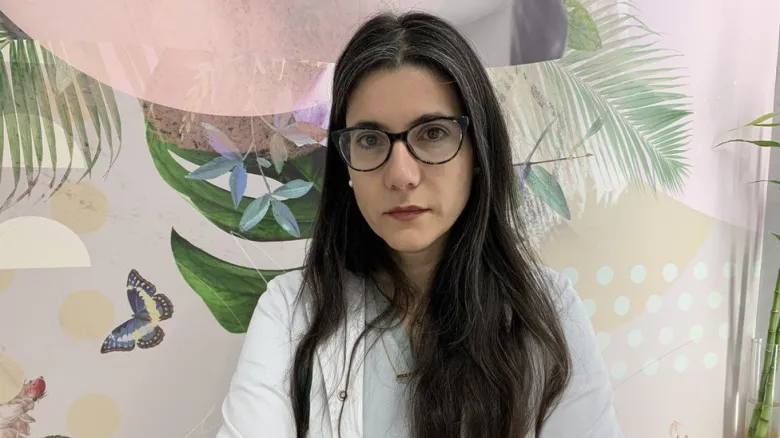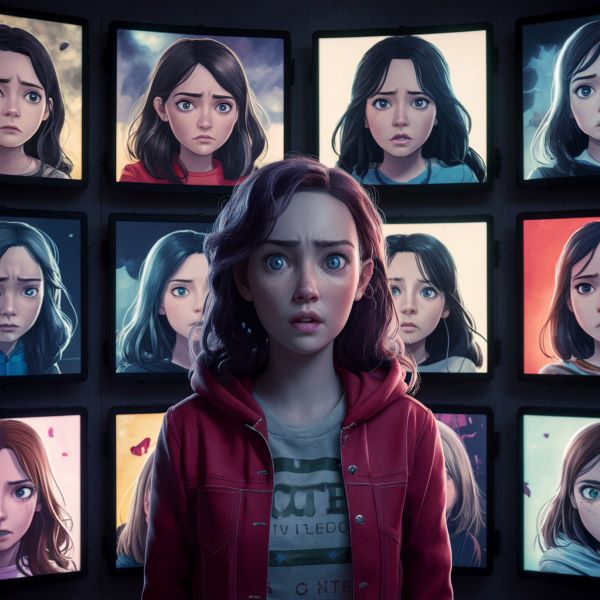In recent times, an alarming trend has emerged involving the creation and circulation of AI-generated explicit images of teenagers without their consent. Instances such as those witnessed at Issaquah High School in Washington and Westfield High School in New Jersey underscore the distressing trend where male students utilized AI nudification apps to create and disseminate explicit images of their female classmates without consent.
NBC News: AI-generated Explicit Photos of Students
This menacing practice has been experienced in various parts of the world, with one notable incident reported in a sleepy town in southern Spain. In the town of Almendralejo, more than 20 girls aged between 11 and 17 found themselves as victims of AI-generated nude images circulating on social media platforms. These images, created using photos of the targeted girls in their fully clothed state sourced from their social media accounts, were processed with a ClothOff app that generated imagined nude images of the girls. The app costs €10 to create 25 naked images and allows users to take the clothes off from anyone who appears in their phone’s picture gallery. This invasion of privacy and violation of personal boundaries has had a devastating impact on the girls affected.
The emotional distress caused by such incidents cannot be understated. Parents, such as María Blanco Rayo, told BBC about the shock and concern upon learning that their daughters’ images were being manipulated and shared without their knowledge. The implications of such actions go beyond mere privacy violations; they extend to potential emotional trauma, feelings of shame, and the perpetuation of harmful stereotypes and objectification.
In light of these alarming developments, advocacy efforts are gaining momentum with calls for legislative measures to penalize the creation and sharing of deepfake nudes. States like Washington, South Dakota, and Louisiana have taken steps to introduce laws addressing this issue, with further initiatives underway in California and other regions. Additionally, federal-level actions, like the bill introduced by Rep. Joseph Morelle (D-NY) to criminalize the sharing of such images, signify a collective push toward accountability and protection for vulnerable individuals.
The efforts of individuals like Miriam Al Adib, a gynecologist and mother actively involved in raising awareness about this issue, highlight the importance of community support and education. Dr. Adib’s initiative to reassure the affected girls and their parents, combined with her advocacy for victim support and empowerment, reassures the victims and their parents in the face of such troubling incidents.

According to BBC’s report, Miriam Al Adib stated “I wanted to give the message: it’s not your fault,”
As we navigate the complexities associated with AI technologies and their misuse for harmful purposes, it is essential to prioritize education, awareness, and proactive measures to safeguard individuals, especially teenagers, from potential risks. Empowering young people with knowledge about cybersecurity, online safety, consent, and the responsible use of technology is crucial in mitigating the threats posed by AI-generated nude images and other forms of digital exploitation.
In conclusion, the rise of AI-generated explicit images targeted at teens emphasizes the urgent need for comprehensive action at individual, community, and legislative levels. By addressing the root causes, promoting a culture of respect for privacy and consent, and advocating for the well-being of all individuals in digital spaces, we can work towards a safer and more ethical online space for everyone.





